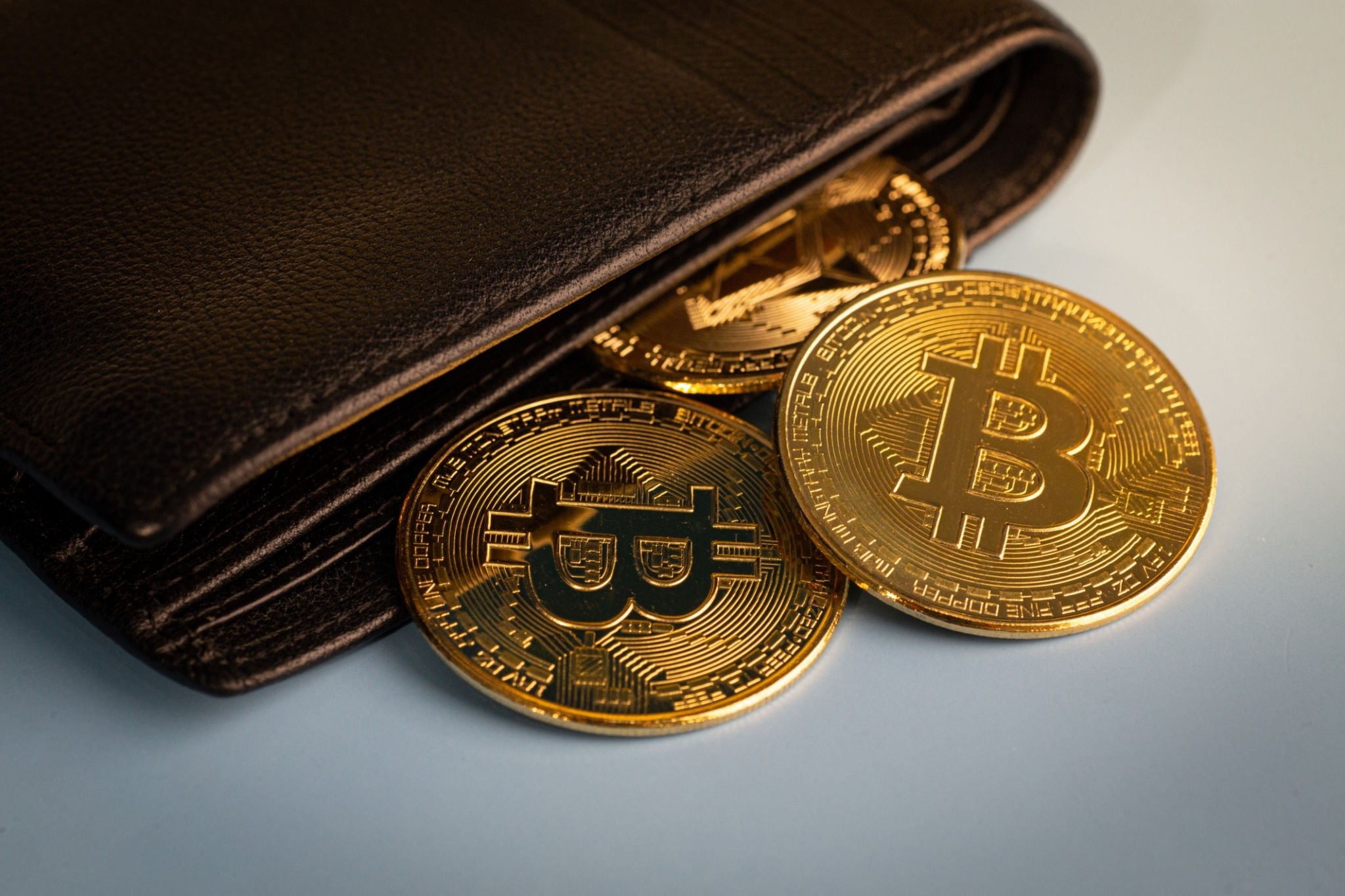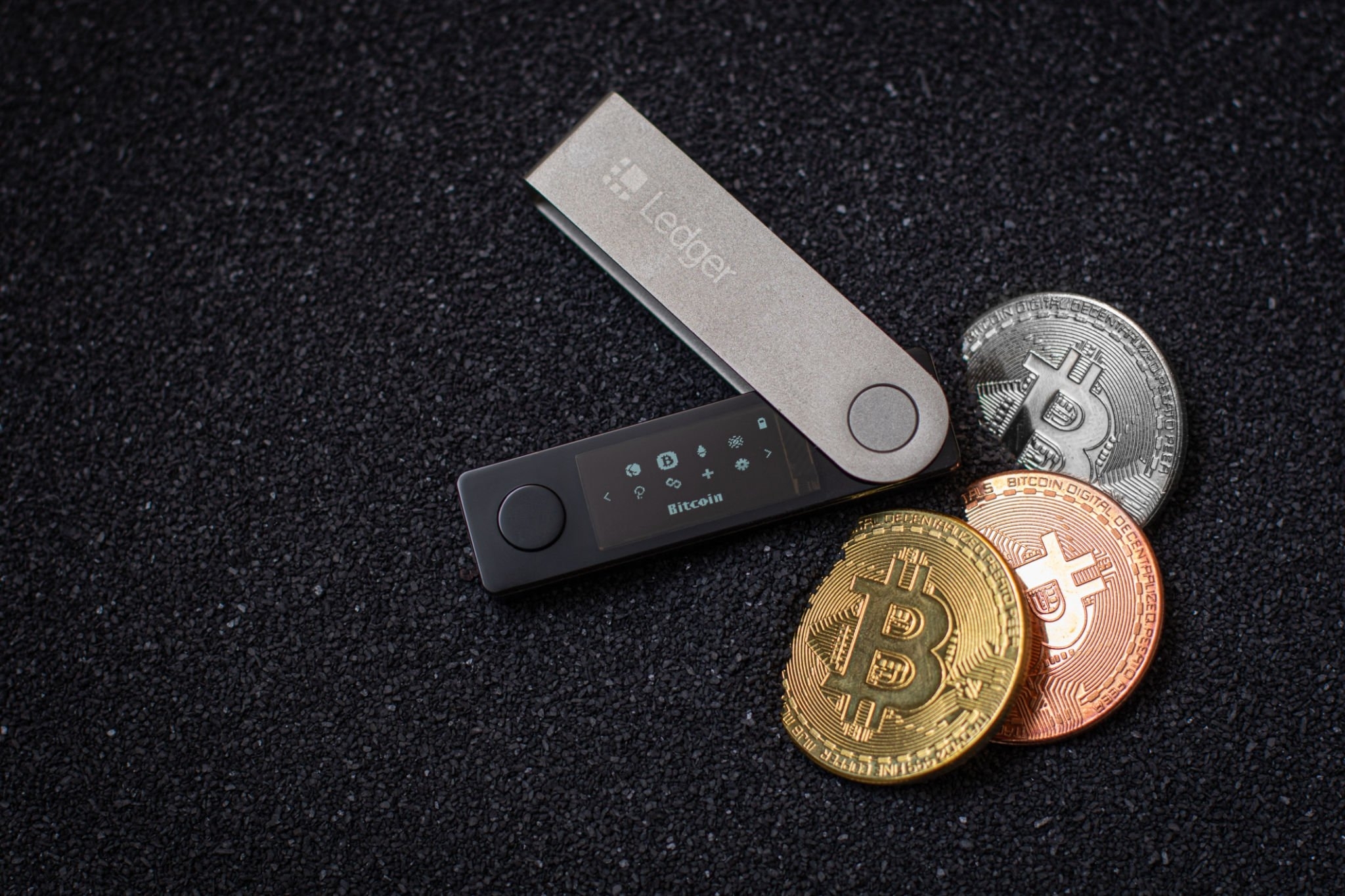
Top 5 Cryptocurrency Wallets In 2022

Understanding cryptocurrency wallets is important for everyone who plans to invest in digital currency. The right cryptocurrency wallet makes it easy to buy and store your crypto coins but also protects your investments from being stolen or lost by hackers. Here are five of the best cryptocurrency wallets in 2022:
Choosing the right wallet is a critical decision for every investor.
A good wallet should be secure, but also easy to use. Wallet software must be compatible with the coins you want to store and easy to access when you need it. It should have good customer support if something goes wrong with your crypto assets, or even just general questions about how to use them properly.
You must choose a reliable platform for storing your crypto assets!
A quick way to evaluate the security of a wallet is by looking at how storage and access to your private keys are handled.
The first thing to look for is how private key storage and access are handled. If you can’t store your private keys on the blockchain, then you don’t have control over them. If a wallet provider uses an online service that stores your private keys online, then even if they were hacked by hackers or go out of business, their customer’s funds will still be safe.
However, there are risks involved when storing your own money in an offline or internet-connected environment as well:
- If someone gains access to your computer while it’s connected via a USB cable or Wi-Fi network (for example) they could steal all manner of sensitive information stored there—including passwords and other personal data related to accessing cryptocurrency wallets (like seed phrases). This could include any number of things like social security numbers or bank account numbers – so make sure those items aren’t saved anywhere else!
Types of Wallets
There are five main types of wallets: hardware, desktop, mobile, web, and paper.
Hardware wallets are physical devices that store private keys in their secure chip. They are usually connected directly to a computer via USB or Bluetooth and can be used to make payments with cryptocurrencies.
Desktop wallets allow you to access your cryptocurrency on any PC or laptop but do not provide additional security measures as hardware wallets do. Desktop wallet apps come pre-installed on Windows machines while Android users can download them from the Google Play Store or App store after verifying their accounts by entering personal information such as an email address and password into the app’s settings screen (which is usually located within its main menu).
Mobile wallets are downloaded apps that store all necessary information relating directly back to your smartphone so that when used at any point throughout its lifetime – even when offline – it will still pull up everything needed for use without needing access again later down along here past this sentence! The downside tends towards being somewhat limited however since there aren’t many available options available today yet which means most people won’t get much use out of them unless they’re willing to spend extra money buying another phone altogether…
Hardware Wallet – KeepKey
KeepKey is a hardware wallet that secures bitcoin, bitcoin cash, Ethereum, litecoin, dogecoin, and dash. This device has an easy-to-use interface and can be used as a replacement for paper wallets or on its own.
KeepKey is a USB device that stores and secures your digital assets. It allows you to send funds from one person to another using the blockchain network without having to trust any third party with your private keys (or seed).
Desktop Wallet – Exodus
Exodus is a multi-cryptocurrency wallet that can store your funds in both Ethereum and ERC20 tokens. The desktop client is also light, meaning it doesn’t require any additional hardware to run.
The best part about Exodus? It comes with its built-in exchange! You can use this feature to trade between various cryptocurrencies without having to use an external exchange service like Bittrex or Poloniex—which may not be secure enough for your needs if you don’t trust the platform itself (like some other exchanges).
Mobile Wallet – Mycelium
Mycelium is a popular mobile wallet for bitcoin. It’s a hierarchical deterministic wallet, which means that it uses a private key to generate public keys and addresses. This makes it easy to restore your funds if you lose the phone or lose access to your computer.
Mycelium can be used on iOS and Android devices, as well as desktops with Linux or Windows operating systems. The app also supports Bluetooth devices so that users can send payments from their phones without having to use NFC (near-field communication) technology (which requires special hardware).
The company has also made its code available for open-source developers who want to contribute improvements or create new features for the platform
Web Wallet – Coinbase
Coinbase is a web-based wallet that you can use to store and send bitcoins. It’s available on desktop computers, as well as mobile devices like smartphones and tablets.
The main advantage of using Coinbase is that the company hosts all of your private keys for you (which means they don’t hold any cryptocurrencies themselves). This makes it easy to access your funds when needed—you can log in at any time or even download an app if necessary!
However, while this may seem convenient at first glance, there are downsides as well: First of all, there’s no way around it – if something happens to happen while using Coinbase then someone else will be able to access those funds without needing permission from either party involved.”
Paper Wallet – BTCPaperWallet.com
A paper wallet is a virtual representation of your Bitcoin balance. It’s a printed piece of paper or in some cases an electronic document, that contains the public and private keys needed to access the Bitcoins stored on the Bitcoin network.
Paper wallets can be used in cold storage, which means you keep them offline and don’t connect them directly to any internet-connected device or service (like your computer). This means they can’t be hacked by malware or viruses—and also allows you to store large amounts of value without worrying about backups failing due to technical issues such as hard drive failure.
Paper wallets are also considered more secure than other types because they’re not connected directly to any network; therefore there’s no risk associated with losing access if something goes wrong with your computer or mobile phone!
None of this should be construed as investment advice, but here are some thoughts on cryptocurrency wallets.
Wallets are a critical decision for every investor. A quick way to evaluate the security of a wallet is by looking at how storage and access to your private keys are handled.
Hardware wallets—which include the popular Ledger Nano S and Trezor devices—are one of the most secure ways to store cryptocurrencies, but they come with their own set of tradeoffs. They require physical access to your device (you have to plug it into your computer) or phone before you can use it, which means that if someone steals it from you or gets their hands on it somehow (like in a robbery), they could easily steal any funds stored inside. You also need some type of internet connection for these types of wallets to work properly; otherwise, you won’t be able to make transactions online because there won’t be enough power available on its internal processor chip for this task!
Conclusion
We hope you found this post helpful as a guide to choosing the right cryptocurrency wallet for your needs. Please let us know if there’s anything else we can do to help with your decision-making process down the road!